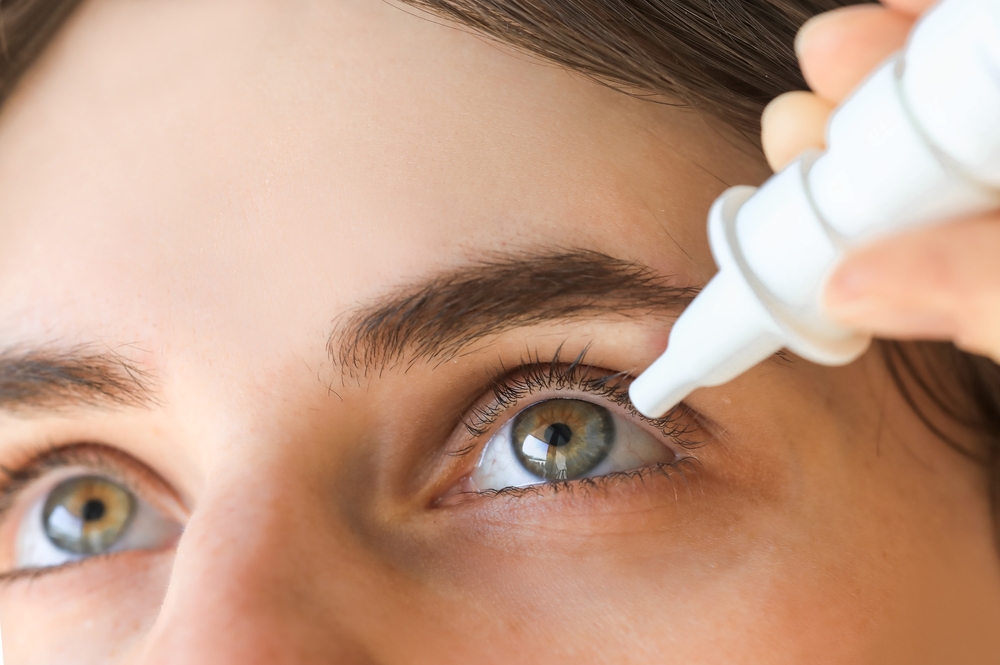
Dry eye is a common condition that occurs when the eyes do not produce enough tears or when the tears evaporate too quickly. It can result in discomfort, redness, and a gritty sensation in the eyes. Dry eye can be caused by a variety of factors, including age, hormonal changes, medications, and environmental conditions. It is important to understand the causes and symptoms of dry eye in order to effectively manage and alleviate the discomfort.
Common Causes of Dry Eye
There are several common causes of dry eye that individuals should be aware of. One of the primary causes is age. As we get older, the production of tears naturally decreases, leading to dryness. Hormonal changes, such as those that occur during menopause, can also contribute to dry eye. Medications, including antihistamines, decongestants, and certain antidepressants, can have a drying effect on the eyes as a side effect. Environmental factors, such as exposure to dry air, wind, and smoke, can also contribute to dry eye symptoms.
Recognizing the Symptoms of Dry Eye
It is important to recognize the symptoms of dry eye in order to seek appropriate treatment. Some common symptoms include a scratchy or gritty sensation in the eyes, redness, blurred vision, sensitivity to light, and excessive tearing. Individuals may also experience discomfort when wearing contact lenses or have difficulty driving or reading for extended periods of time. If you are experiencing any of these symptoms, it is recommended to consult with an eye doctor for a proper diagnosis and treatment plan.
Lifestyle Habits to Ease Dry Eye Symptoms
Lifestyle habits can have a significant impact on dry eye symptoms. Making certain changes to your daily routine can help alleviate discomfort and improve overall eye health. One of the most important factors is diet and hydration. Consuming a balanced diet that includes foods rich in omega-3 fatty acids, such as fish, flaxseeds, and chia seeds, can help reduce inflammation and promote tear production. Staying hydrated by drinking an adequate amount of water throughout the day is also essential for maintaining healthy eyes.
Adequate sleep is essential for overall health and wellbeing, including eye health. Creating a healthy sleep environment can help alleviate dry eye symptoms and promote better sleep quality. It is important to avoid screen time before bed, as the blue light emitted from electronic devices can disrupt sleep patterns and exacerbate dry eye symptoms.
Excessive screen time and digital eye strain can contribute to dry eye symptoms. Spending extended periods of time looking at digital screens, such as those of computers, smartphones, and tablets, can cause eye fatigue, dryness, and discomfort. To reduce the impact of screen time on your eyes, it is advisable to take regular breaks and practice the 20-20-20 rule. Every 20 minutes, look away from the screen and focus on an object 20 feet away for at least 20 seconds. This helps relax the eye muscles and reduce strain. Additionally, adjusting the screen brightness and using anti-glare filters can help alleviate eye discomfort.
Schedule Your Dry Eye Evaluation with North Texas Ophthalmology Associates Today
Dry eye is a common condition that can cause discomfort and affect daily life. Understanding the causes and symptoms of dry eye is essential for effective management and relief. By adopting healthy lifestyle habits, you can alleviate dry eye symptoms and improve overall eye health. If you are experiencing persistent dry eye symptoms, consult with an eye care professional for personalized advice and treatment options.
For further guidance on how to ease your dry eye symptoms or to explore dry eye treatments, visit North Texas Ophthalmology Associates, or give our office a call at (940) 240-8400 to schedule an appointment today.








